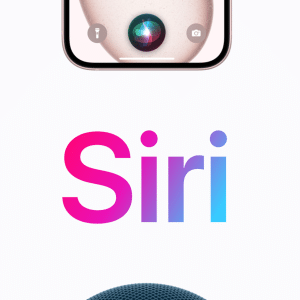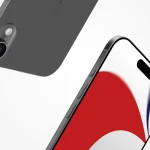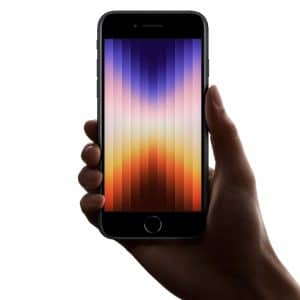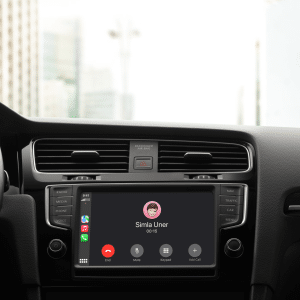When Apple revealed its new operating system for iPhones and iPads at the start of June, it was clear that there’d be a huge focus on performance and stability. When iOS 12 is officially released this autumn, it’s expected that apps will run faster and batteries will last for longer.
Since the initial announcement, however, developers have been digging down into the features of iOS 12 with several focusing on simplifying user security and privacy. Apple has made swipes at Google and Facebook’s data driven advertising models, but also made it harder for police and law enforcement agencies to improperly access information stored on iPhones.
It’s evident that Tim Cook is trying to distance Apple from its rivals and while some of the features of iOS 12 are unique to Apple, other security features are undoubtedly copying what’s been available on Samsung devices for some time. Here’s some of the things that have been announced since the public demo of iOS 12.
Police are unable to hack iPhones
You might remember that in 2016 Apple publicly clashed with the FBI after it was accused of not helping to unlock a terrorist’s encrypted iPhone. Critics argued that Apple was getting in the way of justice, while Apple said that creating a way in would weaken the security of every iPhone.
Since then, there has been an emergence of tech that claims to be able to get into any iPhone. Police in the US have been quick to snap up the GrayKey to open any iPhone from the Israeli firm Cellebrite. In response to this, Apple has included a new locking provision in iOS 12.
This will cut off data transfers through a USB port when an iPhone hasn’t been unlocked in an hour, making it harder for GrayKey to hack a phone. Now, unless law enforcement bodies unlock a phone within an hour of the crime, they will have trouble getting into it at all.
Sign-ins have been simplified
Two-factor authentication can be a pain. For that reason, Android has added the ability for your phone to recognize these numerical settings as soon as they hit your inbox and can use them to access the app. This same automated function has been added to iOS 12.
Giving your location to emergency services
This will only be available in the US to begin with, but Apple is now allowing emergency calls through the 911 number to give fire, police, and ambulance services a user’s location. This has been done through a system called Hybridized Emergency Location (HELO) introduced in 2015 to estimate an emergency caller’s location based on mobile towers, GPS, and Wi-Fi information.
Since then, Apple has announced it will be using technology from a company called RapidSOS to provide location information from HELO authorities. Only the call center that answers the emergency call will have this information and Apple won’t use it for anything else.
Encrypted group FaceTime calls
iOS 12 is introducing group FaceTime calls for the first time, allowing up to 32 people in one video call. Apple has managed to keep FaceTime’s end-to-end encryption intact although the update provoked debate among security researchers who have speculated how Apple had managed to keep this encryption across video and voice when there are so many participants.
Protecting your data from Facebook
At WWDC 18, Apple took a swing at technology companies who rely on collecting user data, specifically calling out Facebook. In iOS 12, the Safari browser will issue pop-ups when third-party like buttons and comment fields appear on websites. When this announcement was made, a pop-up from Facebook was shown on Apple’s presentation slides.














